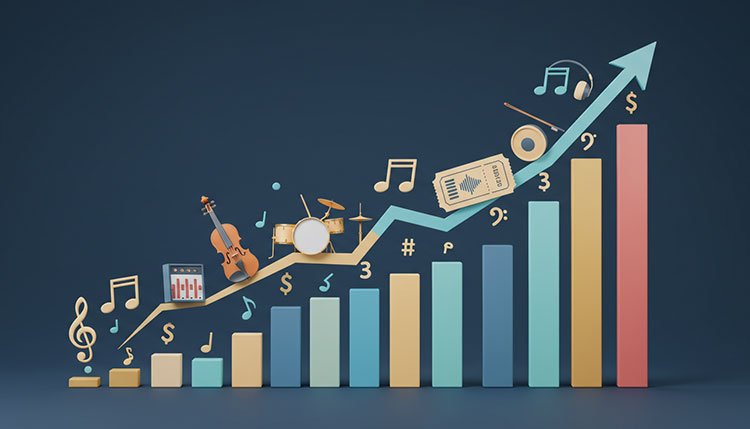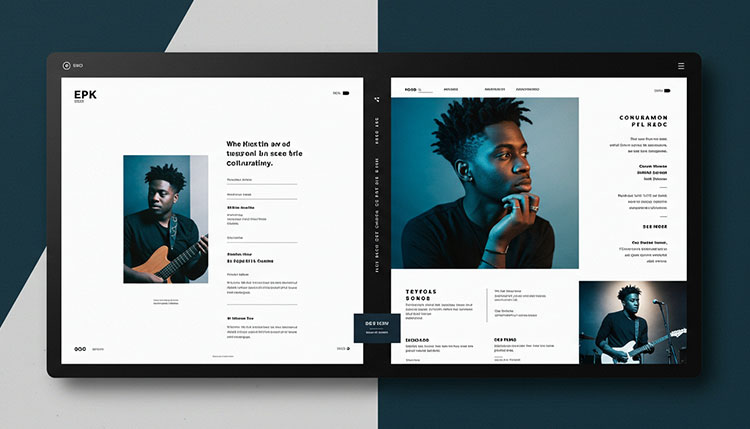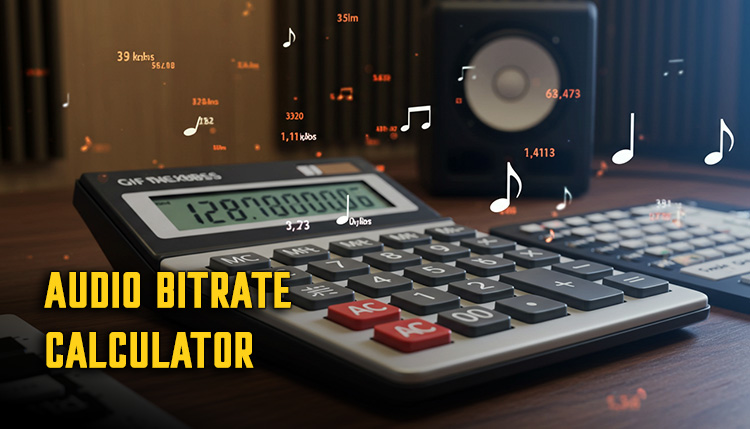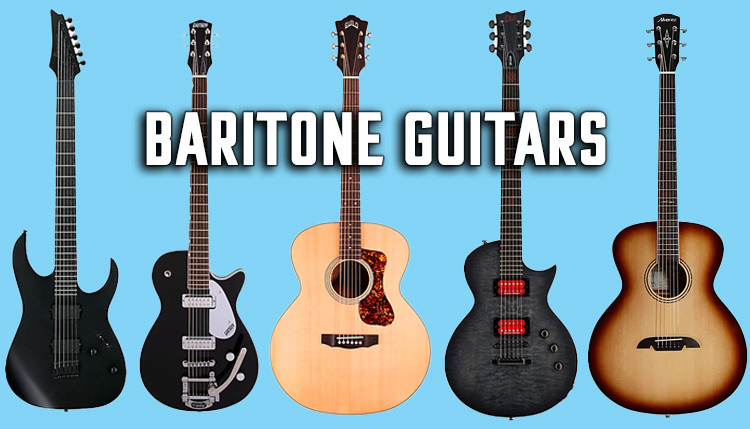Did you know that 78% of musicians earn over half their income from live performances?
Whether you’re a solo artist or part of a band, mastering the art of gig revenue is crucial for a sustainable music career.
Let’s explore how to maximize your earnings from live shows!
Understanding Gig Revenue Basics
Live music isn’t just about playing killer tunes – it’s about getting paid what you’re worth.
Most venues operate on three basic payment models:
- Flat rate
- Percentage of door/tickets
- Hybrid system combining both
A typical club gig in a mid-sized city might offer $200-500 flat rate, while larger venues often propose a 70/30 or 80/20 split of ticket sales.
Performance rights organizations (PROs) play a crucial role in gig revenue.
They collect licensing fees from venues and distribute them to artists.
Every time you perform your original music live, you should log it with your PRO.
That’s free money some musicians leave on the table!
Different genres command different rates.
Cover bands typically earn more than original acts, with wedding bands topping the scale at $2,000-5,000 per event.
Meanwhile, indie rock bands might start at $250-500 per show.
Jazz trios often land somewhere in between, especially for corporate gigs.
Your minimum viable rate should cover these basic expenses:
- Transportation
- Equipment maintenance
- Rehearsal time
- Marketing costs
Pro Tip: factor in depreciation of your gear. Those $1,000 drum cymbals won’t last forever!
Don’t forget about the hidden costs like strings, picks, and that coffee you desperately need before soundcheck.
Setting Your Pricing Strategy

Smart pricing can make or break your music career.
Think about it like a menu at your favorite restaurant – you need different options for different customers.
A basic package might include a 45-minute set, while premium packages could offer extended performances, special song requests, or even meet-and-greets.
Seasonal demand seriously impacts gig rates.
December? Jack those prices up – everyone wants live music for holiday parties.
January? Maybe offer some sweet deals to keep the gigs flowing. Wedding season (May-October) is another prime time to optimize your rates.
Value-based pricing is where the real money’s at.
Playing Tuesday night at a dive bar? That’s different from a Friday corporate event at a swanky hotel.
Your rate should reflect not just your time, but the value you bring to the event.
A corporate client dropping $50K on an event won’t blink at a $2,500 music fee.
Here’s a pricing hack: create three tiers of service.
The middle option should be your target price point. Most clients gravitate toward the middle option, so make it attractive.
Include some high-value, low-cost additions like “custom song selection” or “early setup” to beef up perceived value.
Gig Revenue Calculator
Total Revenue: $0.00
Artist's Share: $0.00
Understanding the math behind your music is crucial for making informed decisions about which gigs to accept.
A good revenue calculator helps you factor in all the variables that affect your bottom line.
Sometimes what looks like a great gig on paper turns out to be a money-losing venture when you crunch the numbers.
Important factors to consider when calculating gig revenue:
- Fixed costs (transportation, equipment rental, hired musicians)
- Variable costs (per-ticket fees, merchandise costs)
- Time investment (rehearsal, setup, teardown)
- Opportunity costs (could you book a better gig?)
- Marketing expenses
Negotiating Better Deals

Negotiation isn’t just about money – it’s about creating win-win situations that keep venues booking you back.
The key is understanding what each venue values most. Some prioritize drink sales, others care more about ticket revenue. Knowing this helps you structure better deals.
Essential contract elements that need careful review:
- Payment terms and deposit requirements (never play without a deposit!)
- Cancellation policies and force majeure clauses
- Sound system and backline provisions
- Set length and break requirements
- Merch sales split agreements
When dealing with difficult venue owners, documentation is your best friend.
Keep all communication in writing, preferably email. If they say “we’ll work it out later” – that’s a red flag!
Get everything in writing before the gig.
Multiple Revenue Streams at Gigs
Smart musicians know that ticket sales are just the beginning.
The real money often comes from multiple income streams during a single performance.
Think of each gig as a mini music festival – with various opportunities to generate revenue.
Profitable revenue streams to consider:
- Merchandise sales (25-35% of total gig revenue for many acts)
- Digital tip jars (Venmo, PayPal, Cash App displayed prominently)
- VIP packages (soundcheck access, meet & greets)
- Live recording sales (instant downloads of the show)
- Sponsorship deals with local businesses
Marketing to Increase Bookings

Marketing isn’t just posting on Instagram – it’s about creating a compelling story that venues can’t resist.
Your press kit should read like a movie trailer, building excitement about your live show experience.
Essential marketing tools for musicians:
- Professional EPK (Electronic Press Kit)
- High-quality live performance videos
- Social proof (testimonials from venues and fans)
- Professional stage plot and technical requirements
- Engagement metrics from social media
Financial Management for Musicians

Let’s talk money management – the unsexy but crucial part of gig revenue.
Most musicians who “make it” aren’t just great performers; they’re savvy business people too.
Understanding your finances helps you make better decisions about which gigs to take and which to pass on.
Critical financial considerations:
- Quarterly tax planning (save 25-30% of earnings)
- Equipment insurance and liability coverage
- Emergency fund for gear repairs
- Separate business and personal accounts
- Tracking per-gig profitability
Maximizing your gig revenue requires a strategic approach to pricing, negotiation, and diversification of income streams.
Start implementing these strategies today to transform your live performances into a reliable source of income.
Ready to take your music career to the next level?








